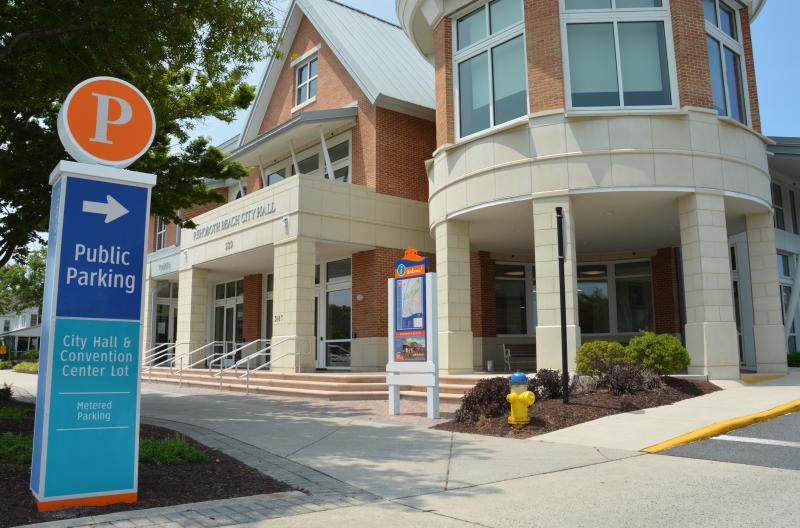Rehoboth to create stormwater utility implementation plan
Following discussions over multiple meetings, Rehoboth Beach commissioners have tasked city staff with creating an implementation plan for a proposed stormwater utility. Commissioners will resume discussions on the proposed utility once the plan has been created.
This interim step is needed, said Mayor Stan Mills, during a commissioner workshop May 8.
There seems to be a general consensus that the utility is needed, but the devil is in the details, which should be provided in the plan, said Commissioner Toni Sharp.
There are still many questions that need to be answered, but the city has to move forward to get those answers, said Commissioner Patrick Gossett.
City staff has estimated that Rehoboth has about $5.6 million worth of stormwater-related capital expenses that need to be addressed. A task force was created more than a year ago to recommend a way to pay for those projects.
Earlier this year, the task force recommended a funding method called stormwater billing units. It’s based on a set impervious surface size and, as of now, includes 100% of capital improvements, and operations and maintenance. Under that scenario, beginning in fiscal year 2025, which starts April 1, 2024, the annual cost for a typical single-family residential property with 3,000 square feet of impervious surface would be about $420. There’s a five-year outlook that includes a 5% escalator.
There wasn’t much public comment, but Oak Avenue property owner Tom Gaynor suggested commissioners table the discussion until August, which would allow for the three commissioners up for re-election – Mills, Gossett, Commissioner Jay Lagree – to run on the issue.
This is not a question that should be decided by three lame-duck commissioners, said Gaynor. The ultimate poll is the election, he said.
Included in the packet of information was a letter from Rehoboth Beach Homeowners’ Association President Pam Baker saying a stormwater management plan needs to be created before any utility and associated fees are put in place.
Sharp said she would have liked to know if the letter was a reflection of the association board or of all its members.
Gaynor said Sharp was proving his point. The best polling is to campaign on the issue and let the public decide, he said.
As he’s done in the past, Commissioner Tim Bennett said the city needs to examine additional ways to get funding from sources other than just the property owners.
Ultimately, during a special meeting later in the day, commissioners agreed to let city staff move forward with the creation of an implementation plan. That process is expected to take months. When it is done, commissioners will resume discussions.
City Manager Christian Laurence said the city will hire a consultant to help with the plan.
No changes coming to hotel parking requirements
Commissioners resumed a discussion on possible changes to hotel parking requirements.
In March, the planning commission formalized recommendations to commissioners – 1.2 spaces for each room; one space for every 250 square feet of gross floor area devoted to meeting, conference, banquet, event or similar communal space; one space for every 250 square feet of gross floor area devoted to office space; removal of two required parking spaces for the family in residence.
During a commissioner workshop in April, a general consensus was reached to not move forward with the proposals, except the one dealing with the family-in-residence spots. However, the planning commission reached back out to the mayor, saying the commissioners didn’t have all the information, so the mayor put it back on the agenda to discuss again.
Seaboard Hospitality President Alex Moore, reading a letter he sent to commissioners in advance of the workshop, said the city’s hotels are already one of the few businesses required to provide parking. Additionally, he said, in communities with higher parking requirements for hotels, it’s more equitable because other businesses are also required to provide parking.
In the end, commissioners decided to not change anything, but they did keep the two required parking spots for a resident family.
Chris Flood has been working for the Cape Gazette since early 2014. He currently covers Rehoboth Beach and Henlopen Acres, but has also covered Dewey Beach and the state government. He covers environmental stories, business stories and random stories on subjects he finds interesting, and he also writes a column called Choppin’ Wood that runs every other week. He’s a graduate of the University of Maine and the Landing School of Boat Building & Design.






















































